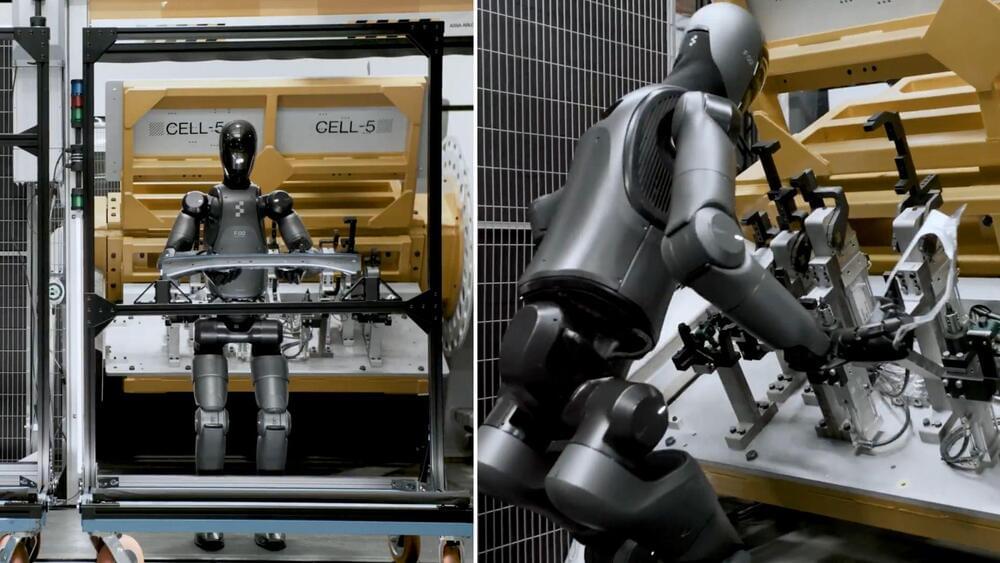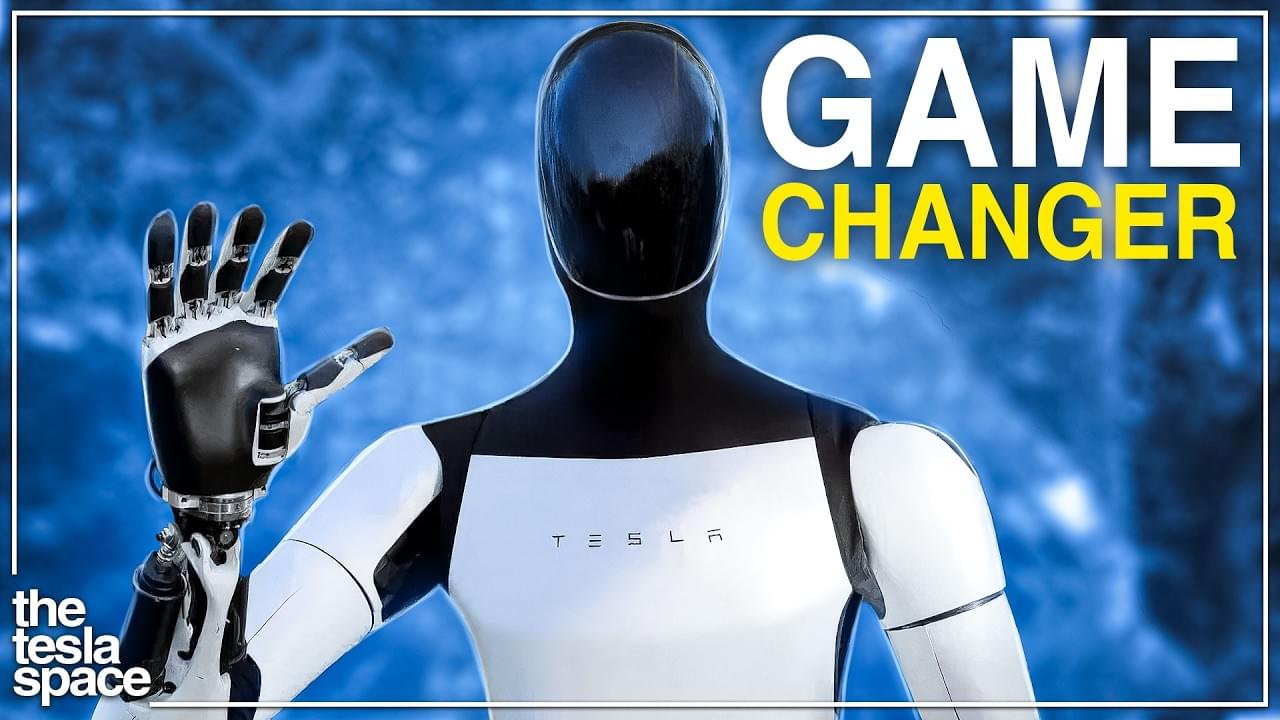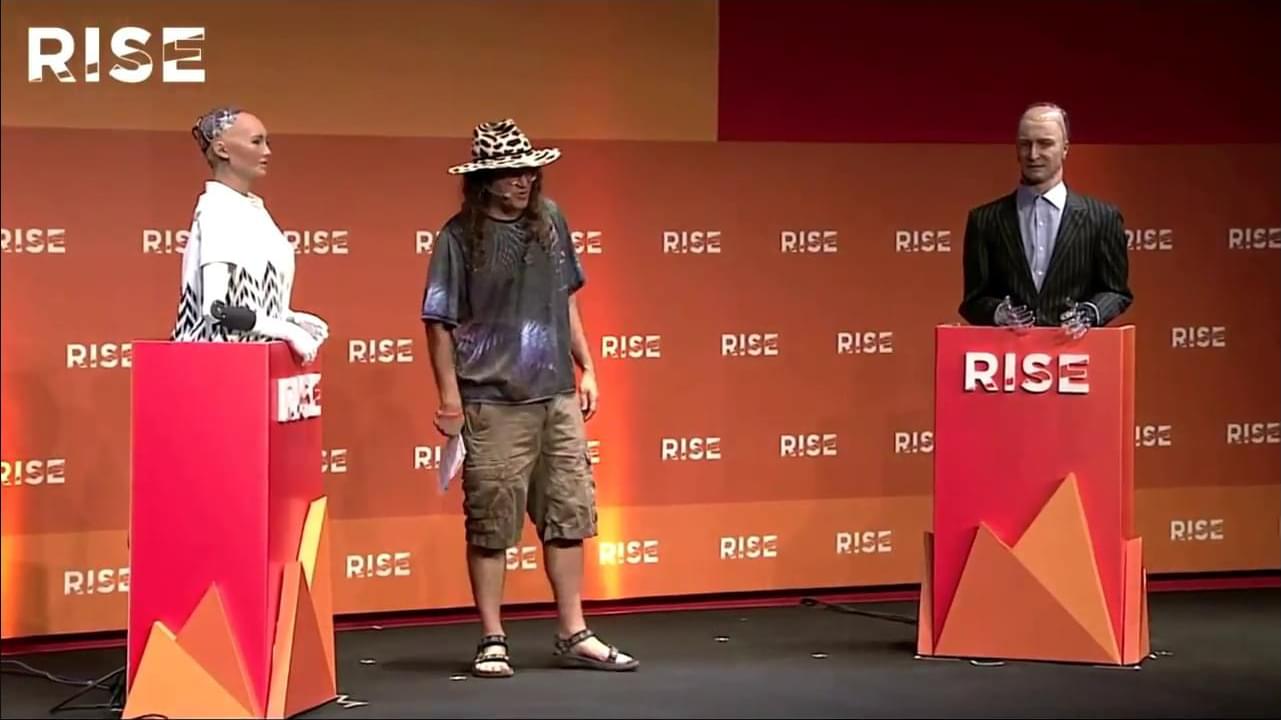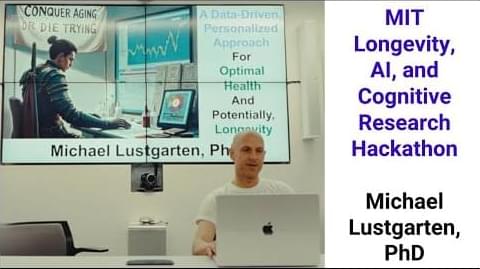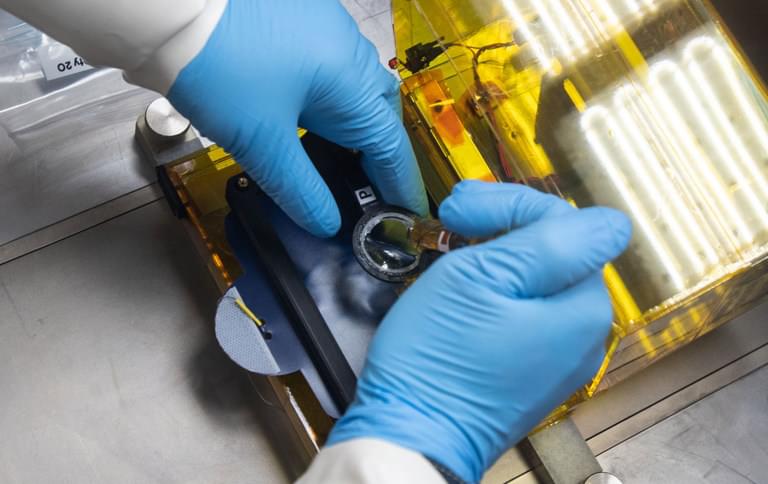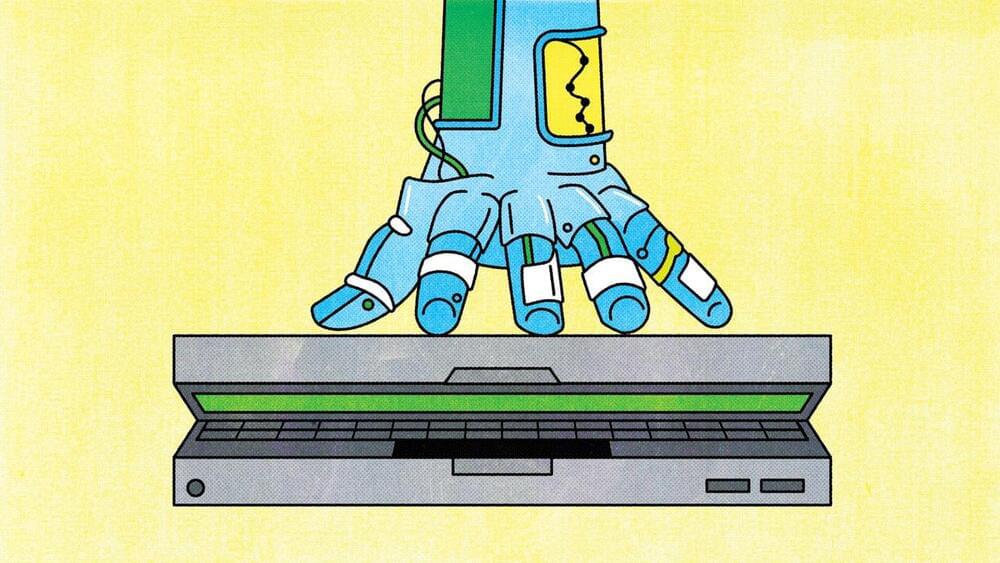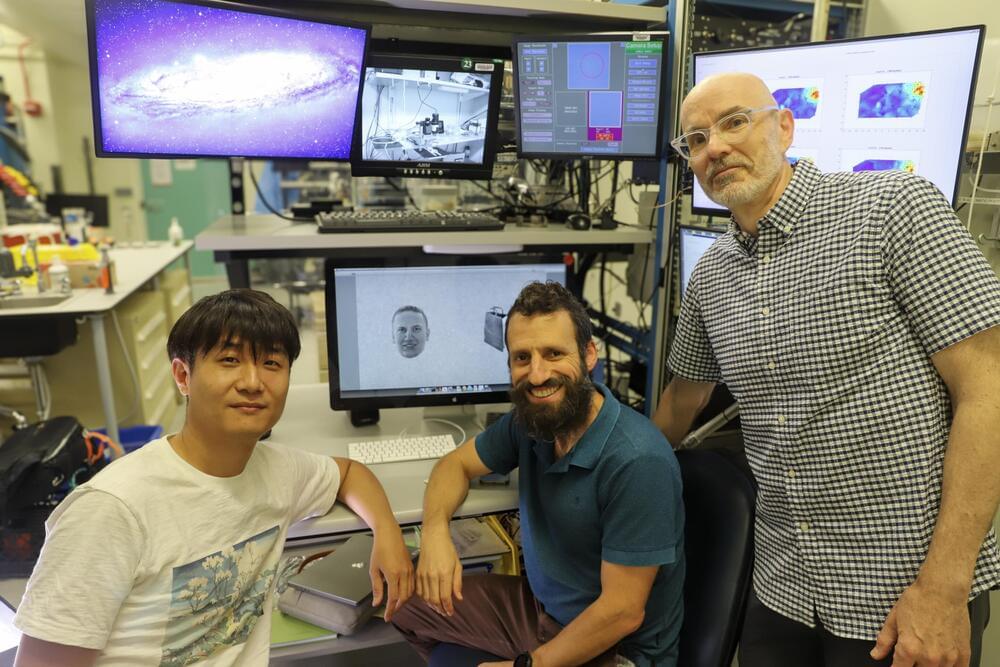
Recent breakthroughs in genetics research may have uncovered new genes underlying common psychiatric disorders. Schizophrenia and bipolar disorder affect more than 64 million people around the world. These disorders are strongly influenced by genetics. No one gene, however, determines one’s risk of developing schizophrenia or bipolar disorder. Rather, it is likely that a host of genes contribute to risk. Using artificial intelligence, researchers at Stanford University now have uncovered complex variants throughout the human genome that may contribute to these psychiatric disorders. This new study suggests that mutations that occur after fertilization, such as genetic mosaicism, may be responsible for a number of psychiatric disorders including bipolar disorder and schizophrenia.
Think of a genome as a living book with instructions for every cell in the body. Our genes are the chapters. We have approximately 200,000 genes that provide instructions for making proteins, the building blocks of life. The vast majority of our genes, however, are non-coding, meaning that they do not provide instructions for proteins. Nonetheless, these genes play an important role in genetics and regulating cell function.
Genetic variants, or spelling changes, in either a coding or non-coding region can interfere with how the cell translates specific instructions. A small typo may have little to no effect on how the book is read. However, larger spelling changes can lead to the deletion of a sentence or even a whole chapter. Without the correct instructions to produce specific proteins, these spelling changes can contribute to disorders that impact different aspects of our body.
